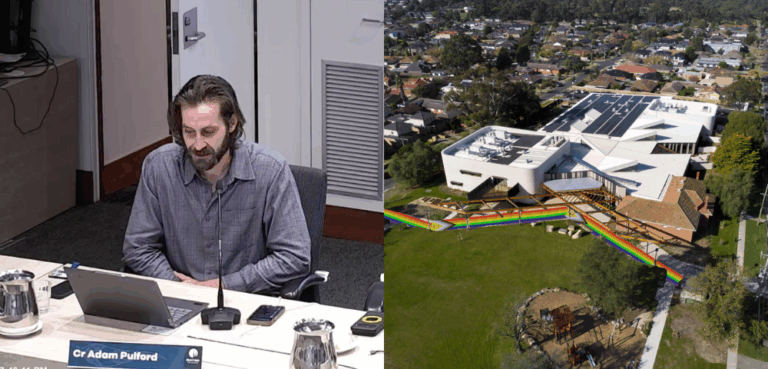
Homo-negativity research needed to combat HIV
A former White House science advisor visiting Australia says governments need to look harder at the social factors driving recent increases in Western HIV rates, particularly ‘homo-negativity’ from religious and ethnic communities.
Dr Judith Auerbach, who is now vice president of science and public policy at the San Francisco AIDS Foundation, will address increasing infection rates among men who have sex with men at the 2009 Australasian Sexual Health and HIV conferences in Brisbane this week.
“HIV infection rates among gay men have increased steadily since the 1990s, while they’ve declined among most other population groups. The epidemic is still overwhelmingly among gay men,” Auerbach told the Star.
New estimates from the US Centers for Disease Control (CDC) claim men who have sex with men are 50 times more likely to have HIV than other men and women.
Higher rates of depression and alcohol and substance abuse among adult gay men have consistently been linked to HIV acquisition risk, Auerbach said.
“It’s all connected to being gay in a homo-negative culture. The background of gay men’s lives can have an ultimately very complicated pathway to acquisition and transmission of HIV.
“Everything from child sexual abuse, to being bullied in school, to other ways you could define homo-negativity, the ways dominant culture is negative to homosexuality and is played out by bullies, has a relationship to adult behaviours that lead to HIV risk.”
Auerbach and the SFAF are now facing the challenge of whether it is possible to tell gay men to have fewer sexual partners.
“We’re more likely to say ‘use condoms correctly and consistently’ than we are to say ‘don’t have multiple sex partners’. We don’t take an abstinence-only point of view, but we do point out there are epidemiologic arguments to be made that it would make more sense to reduce one’s sex partners.”
Gay communities are still important, Auerbach said, but gay men’s sexuality is increasingly only one part of their lives, making the traditional strength of that community in combating HIV more complex.











substance abuse should always be monitored if you know someone who is an addict, substance abuse can lead to massive health pro”:-
substance abuse is a very common problem these days and the solution can be costly’*;
substance abuse could sometimes be deadly and it always destroys lives*;~
HIV AIDS is really a very scary disease. until now, there is no know cure or vaccine for it. the only we can prevent it is through safe sex.